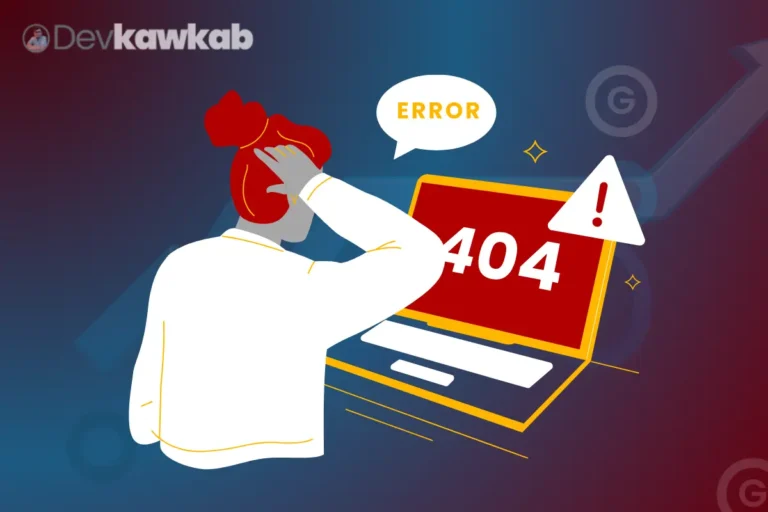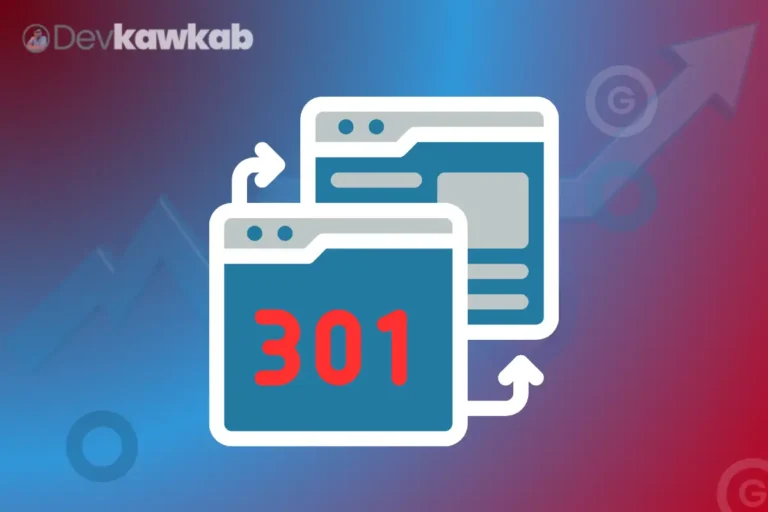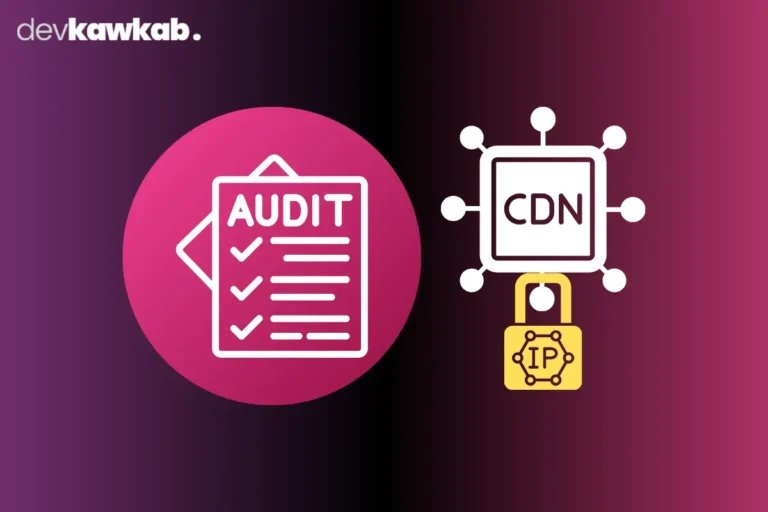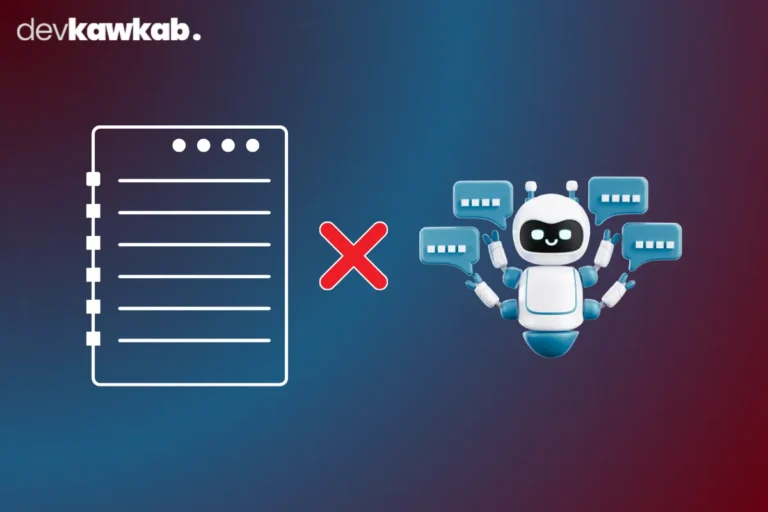A frequently overlooked yet essential tool for controlling how search engines access your site is the robots.txt file. Curious about how to manage what search engines can view? This file is your answer.
Understanding how it works can drastically improve your SEO strategy and ensure your site runs smoothly.
So, why is robots.txt important for SEO? It helps manage crawl efficiency, ensures sensitive content stays private, and prevents search engines from wasting time on duplicate or irrelevant pages. Misconfiguring this file, however, can cause serious SEO issues, from lost rankings to unindexed pages.
In this guide, you’ll learn why robots.txt matters and how to use it effectively for (Technical) SEO. Let’s dive into the practical steps and best practices to optimize your website’s crawling and performance.
Read more – XML Sitemaps: Ultimate Guide
What are Robots.Txt and How Does It Work?
Robots.txt is a simple text file used by websites to manage how search engines crawl their content.
It tells search engine bots which pages or sections of a website they are allowed to crawl and which ones to avoid.
The robots.txt file doesn’t directly manage indexing; however, it significantly influences how search engine crawlers engage with a website.
Structure of Robots.Txt
Typically, you’ll find the robots.txt file in the root directory of a website, where it contains directives for user-agents and rules for disallowing certain pages.
User-agent specifies which search engine bot the rule applies to, while disallow tells the bot which part of the site to avoid. For example:

This instructs all bots not to crawl the /private directory.
Robots.Txt and Search Engines
Not all bots respect robots.txt, especially malicious ones.
However, major search engines like Google, Bing, and Yahoo follow the guidelines provided in this file.
But remember, robots.txt is not a foolproof method for keeping content private.
Read more – Website Structure and Navigation
Why is Robots.Txt Important For SEO?
Robots.txt is crucial for SEO because it helps manage crawl efficiency and improve website performance in search results.
For large websites or specific pages that you prefer not to be crawled, robots.txt serves as your essential tool.
Prevents Unnecessary Crawling
Search engines have a limited crawl budget for each website, meaning they only spend a certain amount of time crawling your site.
Using robots.txt allows you to block low-value or irrelevant pages such as admin sections or archives, ensuring that bots concentrate on crawling essential content.
Avoids Duplicate Content
Multiple URLs for certain pages can result in duplicate content issues that negatively impact SEO.
Using robots.txt to block unnecessary versions of pages helps prevent search engines from wasting crawl budget on duplicates.
How Does Robots.Txt Help Manage Search Engine Crawling?
The primary function of robots.txt is to guide search engine crawlers. It ensures that bots focus on the most relevant and important pages on your website.
Directs Crawlers Away from Less Important Pages
Bots will try to crawl everything they can. This includes pages that don’t need indexing, such as internal search results pages, login pages, or development environments.
Blocking these directs the bot’s attention to more valuable content.
Improves Crawl Budget Efficiency
Websites with a large number of pages, like e-commerce sites, often need to manage their crawl budget.
Search engines wasting time on unimportant pages can result in your important content not being indexed or updated often.
Can Robots.Txt Impact Website Performance?
Yes, robots.txt can influence both crawl efficiency and indirectly affect website performance.
While it doesn’t directly improve page speed, it does manage how efficiently search engines crawl your site.
Enhances Crawl Efficiency
Search engine bots have a limit on how many pages they can crawl in a given timeframe.
Blocking irrelevant pages allows bots to focus on your priority pages, leading to faster indexing of important content.
Reduces Server Load
Restricting bots from crawling unnecessary areas of your site helps to alleviate the load on your server. Too many bots crawling your site simultaneously can slow down performance for users.
Why Should You Use Robots.Txt to Control Indexing of Sensitive Content?
Sensitive content, such as admin pages or private sections of your website, should not be publicly accessible or indexed by search engines.
Robots.txt helps block search engines from crawling these sections.
Protects Sensitive Data
Although robots.txt doesn’t hide a page from users, it prevents search engines from indexing sensitive pages that shouldn’t be publicly searchable.
Examples include login pages, payment gateways, and internal databases.
Avoids Indexing Errors
Sensitive content indexed by mistake can lead to significant security risks and create confusion in search results.
Blocking these pages using robots.txt ensures they don’t appear in search listings.
How Does Robots.Txt Affect Crawl Budget Optimization?
Crawl budget refers to the amount of time search engines allocate to crawl a site.
On large websites, optimizing this budget is key to ensuring important pages get crawled more frequently.
Prioritizes Valuable Pages
Robots.txt helps focus the bot’s attention on high-priority pages by blocking unnecessary ones.
When bots don’t waste time on low-value pages, your important content is more likely to get indexed.
Enhances Indexing Speed
Effectively managing your crawl budget with robots.txt guarantees faster indexing of your site’s core pages, a crucial factor for achieving SEO success.
What Role Does Robots.Txt Play in Preventing Duplicate Content Issues?
Duplicate content can harm SEO, leading to lower rankings.
Robots.txt is a tool you can use to minimize this issue by controlling which versions of pages are crawled.
Blocks Duplicate URLs
Sometimes, pages can be accessible through multiple URLs, causing duplicate content issues.
Using robots.txt to block specific URLs guarantees that only the right version of a page is crawled and indexed.
Prevents Crawl Waste
When bots crawl duplicate content, it wastes your crawl budget.
Blocking irrelevant duplicates allows you to conserve crawl resources for more valuable pages.
Why Should E-Commerce Sites Pay Attention to Robots.Txt?
E-commerce websites often have thousands of pages, including product pages, categories, and filters.
Managing how bots crawl these pages is crucial for SEO.
Blocks Faceted Navigation
Faceted navigation, where users filter products by color, size, or price, can generate tons of URLs.
These URLs don’t provide unique content but can cause duplicate content issues. Robots.txt can block these URLs to prevent crawl waste.
Optimizes Product Page Crawling
E-commerce sites can improve their SEO rankings and optimize their crawl budget by guiding bots toward important pages such as featured products or popular categories.
How Can a Poorly Configured Robots.Txt Hurt Your SEO?
Incorrectly configuring your robots.txt file can have severe negative impacts on your SEO efforts.
A single mistake in the file could result in your entire website being blocked from search engines.
Blocks Important Content
If you mistakenly block pages or entire directories that are crucial for SEO, such as your main content pages, search engines won’t be able to crawl and index them, which leads to a drastic drop in rankings.
Causes Indexing Issues
Blocking CSS, JavaScript, or other resources that search engines need to properly understand your website can result in indexing errors, leading to reduced search visibility.
What Best Practices Should You Follow When Setting Up Robots.Txt?
Following the best practices for robots.txt setup ensures your website is properly crawled while avoiding potential SEO pitfalls.
Be Specific with Disallow Rules
Ensure your disallow rules are targeted and specific. Don’t block entire directories unless necessary, as this could inadvertently block important pages.
Test Robots.Txt Regularly
Use tools like Google Search Console to test your robots.txt file. Regular testing helps identify any misconfigurations that could harm your crawl efficiency.
Avoid Blocking Important Resources
Make sure not to block essential resources like CSS and JavaScript files. These are critical for bots to understand the layout and functionality of your pages.
Final Words
Robots.txt plays a crucial role in shaping how search engines interact with your website. It helps streamline crawling, protect sensitive content, and avoid SEO pitfalls like duplicate content issues.
Used correctly, this simple file can boost your site’s crawl efficiency and improve overall search performance. But a poorly configured robots.txt can lead to significant problems, from wasted crawl budget to unindexed pages.
Implementing best practices ensures your site stays optimized for search engines while avoiding common SEO pitfalls.






